Tom Betteridge - Mudchute
Veer2 Publication 006 [ISBN: 978-1-911567-20-2 ] 120x210mm size. 38 pages.June 2021.
£6.00 (+ postage and packing)
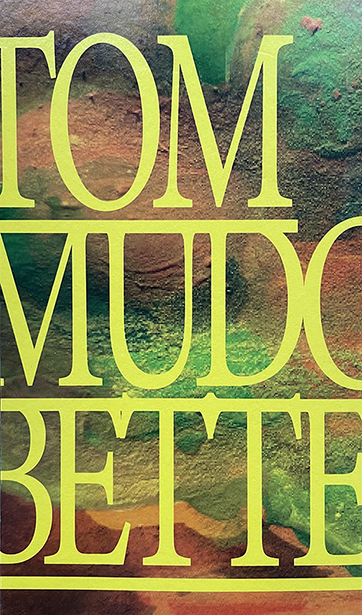
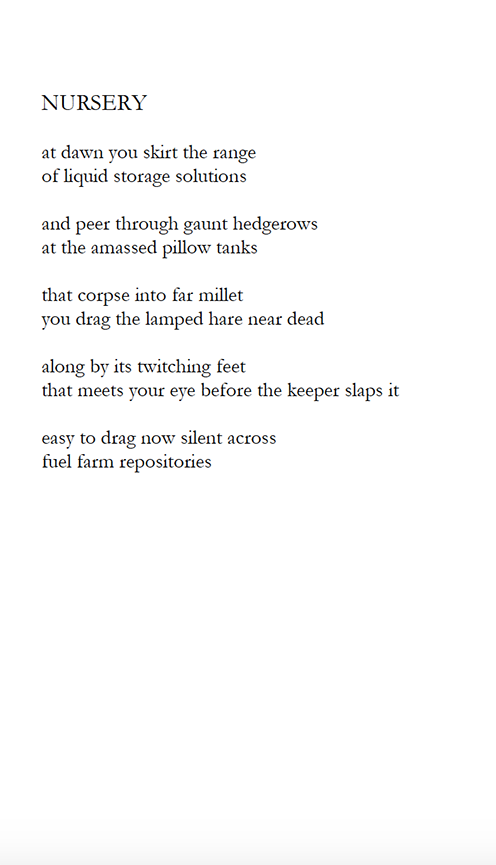
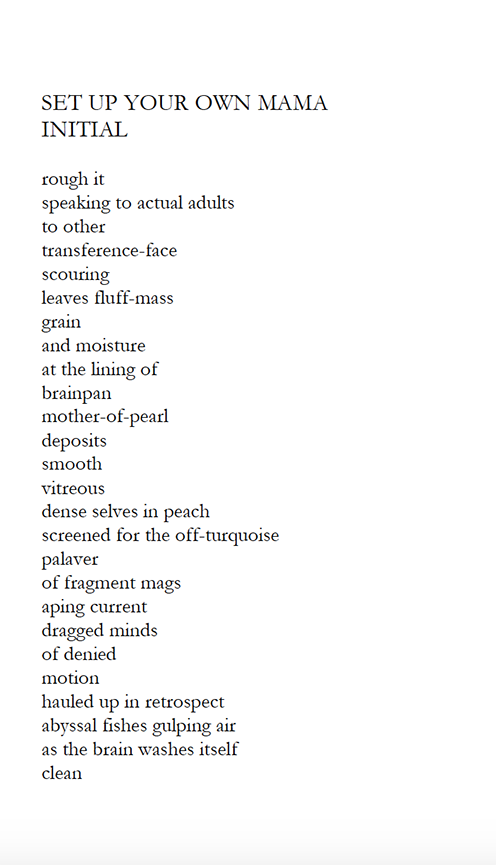
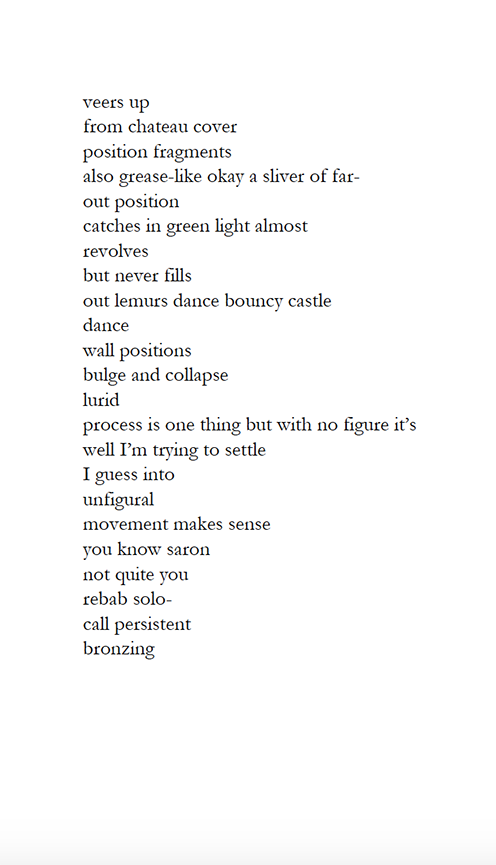
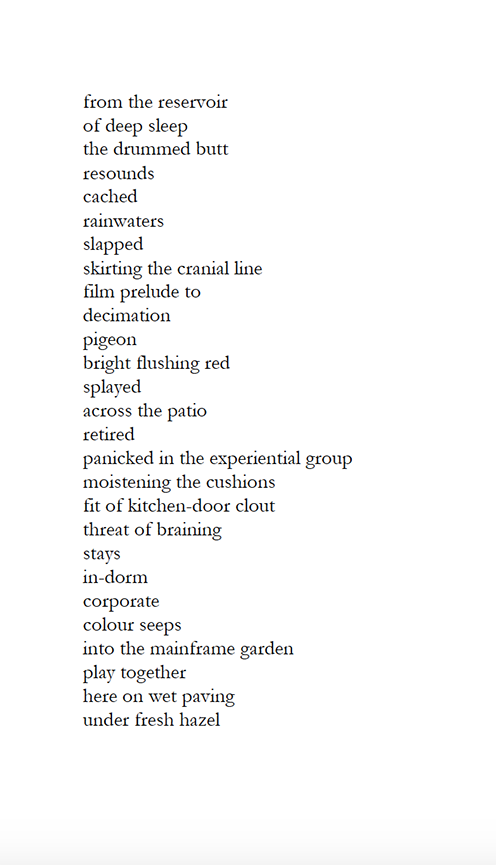
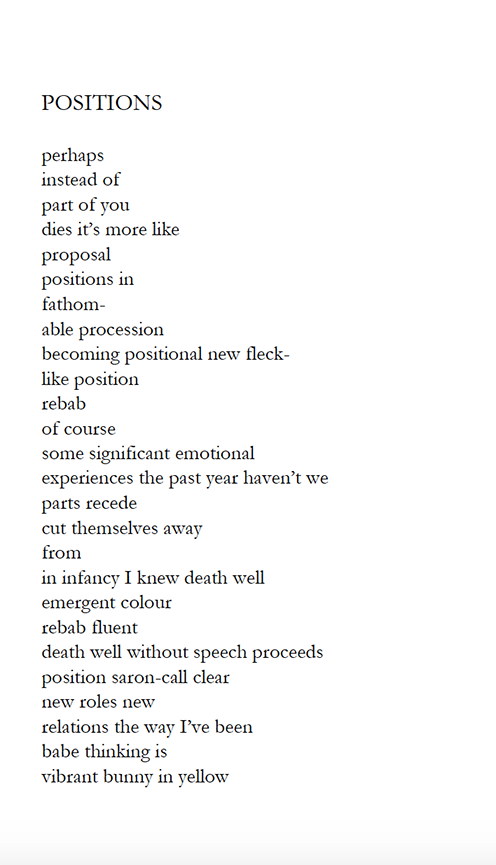
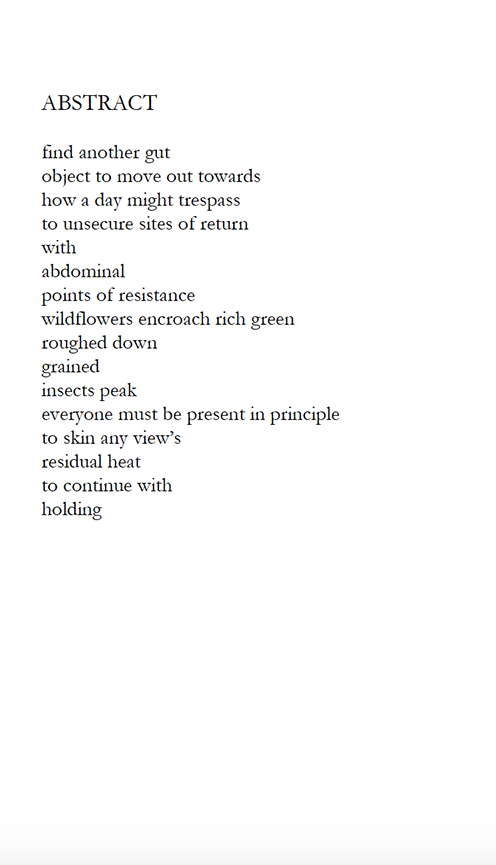
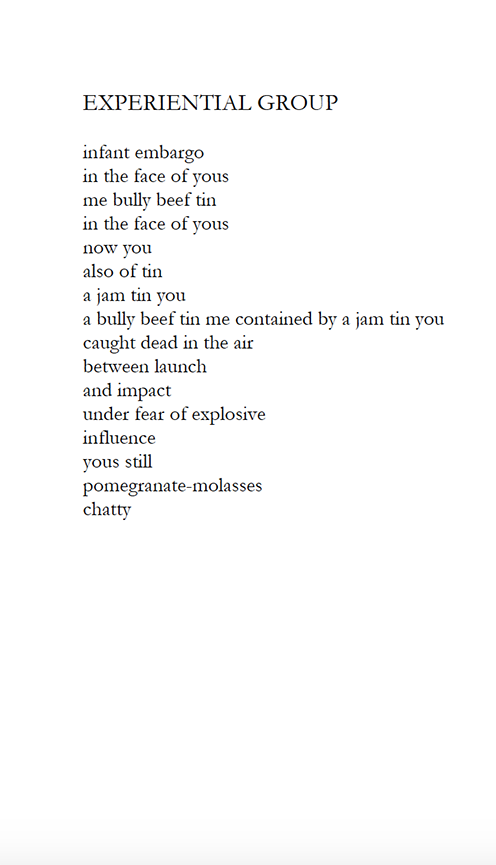
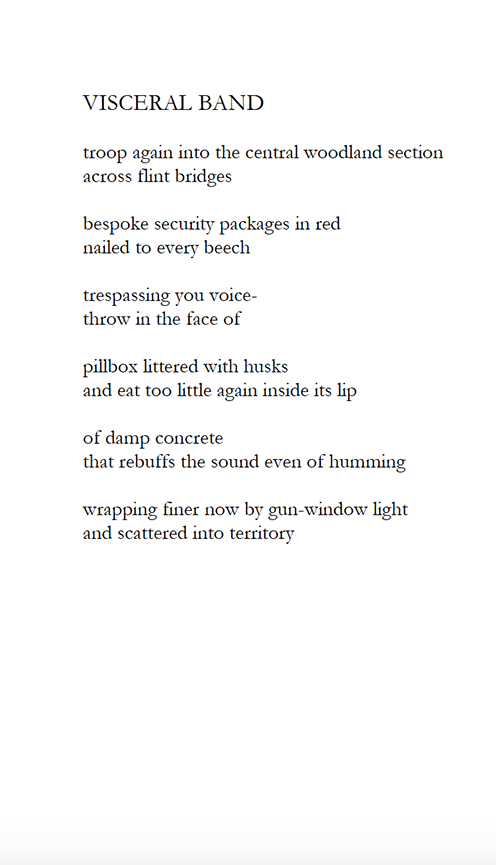
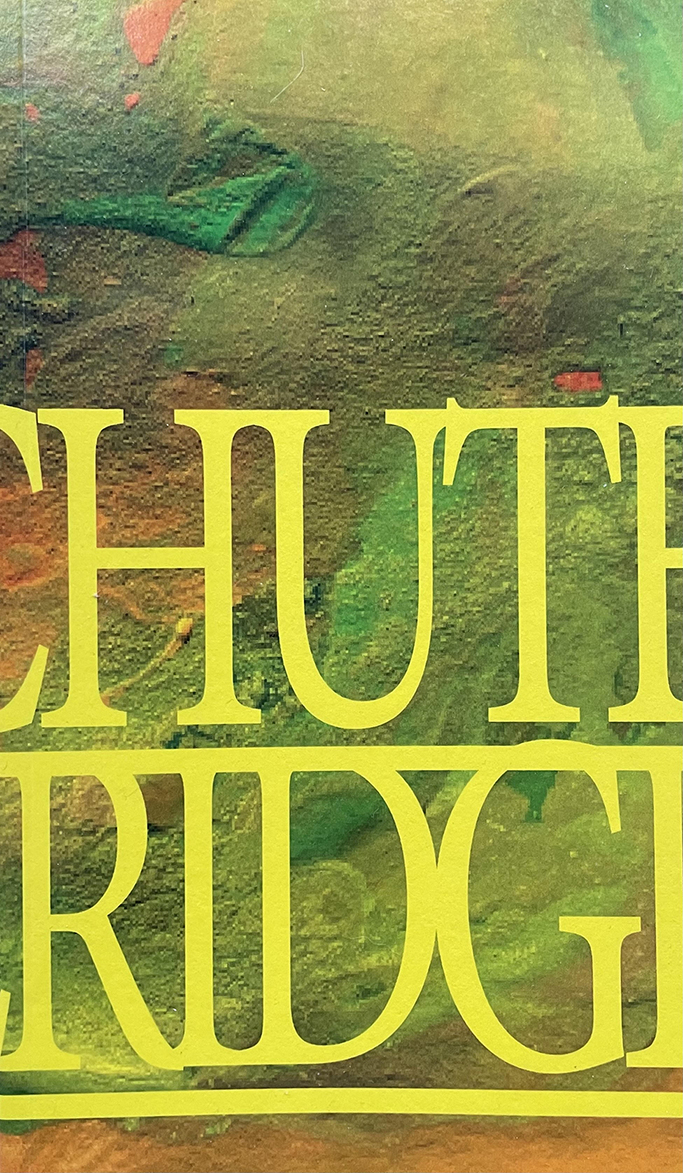
'In Mudchute, the difficult structures of language are carefully treated. Infancy, attachment, ambivalence and loss are disassembled and reconfigured amidst gaunt hedgerows, fuel farm repositories, the bouncy castle and the DLR as Betteridge’s lyric voice navigates the edge of fragmentation. Deeply felt and experimental, apprehensive of and devoted to both the unbearable and the comic aspects of experience and memory, these poems perform the difficult bonds of social life even as they resist them: ‘you cannot live in the house that you are / with everyone’.' (Helen Charman)
'The poems assembled in Mudchute survive the disciplinary function of close reading in demanding and often beautiful ways. They are resistant objects, made to be held in the mouth and turned until the edges of the terms are worn. Across the collection, this Winnicottian regress to 'barest idiom' encounters a forensic vocabulary for ‘all the mute sparkplugs of accreted / emotional and physical violence’ that imprint our lived environments, developmental experiences, and the muddied recesses of generational memory. Torqued between the nuclear family, the experiential group, and the enervated provision of state institutions, the daily work of care becomes at once ‘the poverty of administered / atomized / gapping’ and the intimate horizon of a ‘grazed / lip- / stirred in the face of group kindness.’ It is a horizon we have called communism and reparative reading and family abolition. In Betteridge's work, it is the minimum.' (Fred Carter)
'The poems assembled in Mudchute survive the disciplinary function of close reading in demanding and often beautiful ways. They are resistant objects, made to be held in the mouth and turned until the edges of the terms are worn. Across the collection, this Winnicottian regress to 'barest idiom' encounters a forensic vocabulary for ‘all the mute sparkplugs of accreted / emotional and physical violence’ that imprint our lived environments, developmental experiences, and the muddied recesses of generational memory. Torqued between the nuclear family, the experiential group, and the enervated provision of state institutions, the daily work of care becomes at once ‘the poverty of administered / atomized / gapping’ and the intimate horizon of a ‘grazed / lip- / stirred in the face of group kindness.’ It is a horizon we have called communism and reparative reading and family abolition. In Betteridge's work, it is the minimum.' (Fred Carter)
This is part of a series of works organised by Robert Kiely for Veer2, produced and published jointly in the University of Surrey and the CPRC, Birkbeck College.
For other methods of payment click here.

